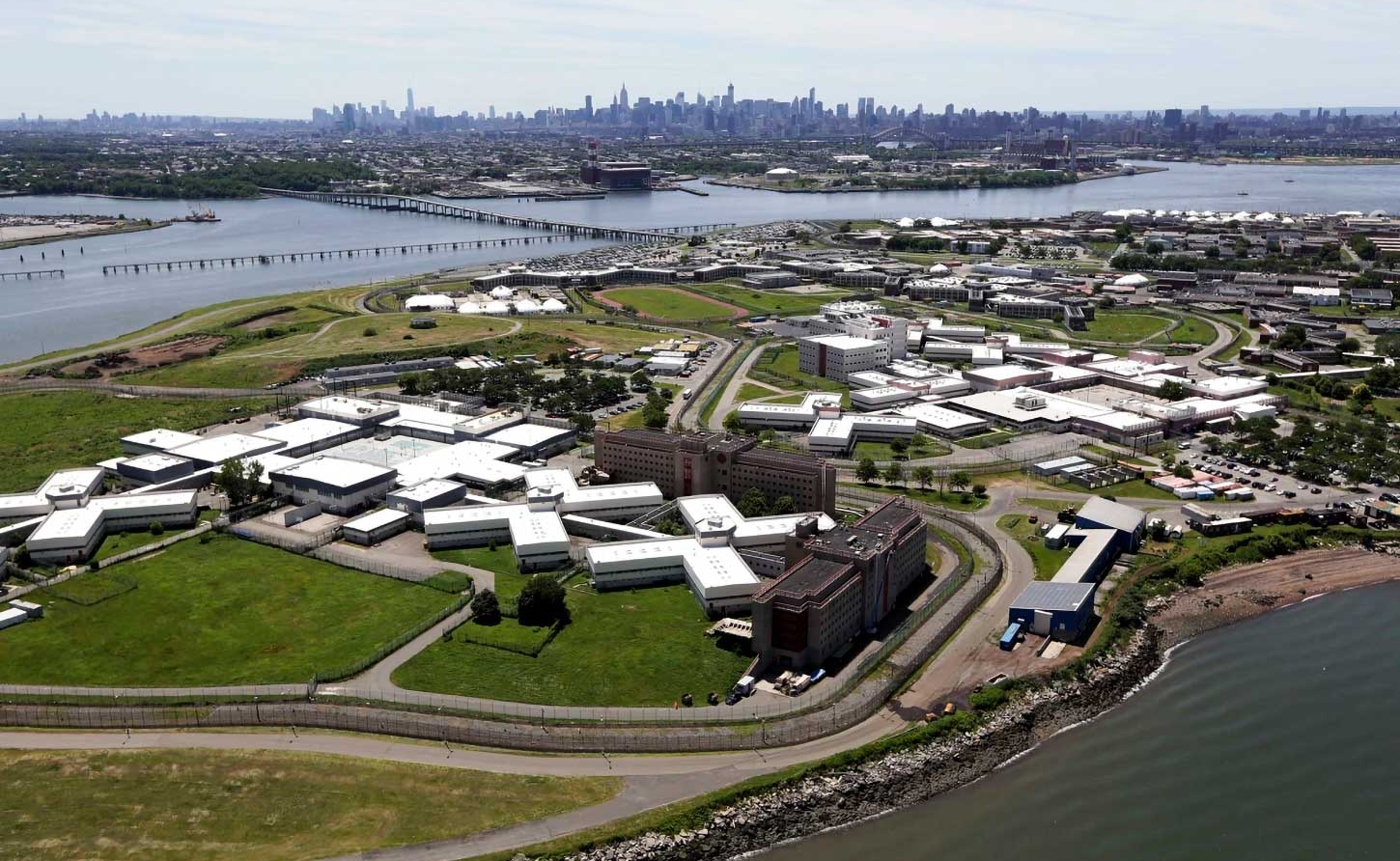JAMAICA | Caribbean Immigrants Relieved as Court Rebukes Adams/Trump alleged Riker's ICE deal

NEW YORK, New York, June 20, 2025 - Mayor Eric Adams' embattled administration suffered another crushing legal defeat Friday when Judge Mary Rosado issued a preliminary injunction that will extend indefinitely blocking Immigration and Customs Enforcement from returning to Rikers Island. The decision represents far more than a procedural victory—it's a judicial condemnation of what appears to be raw political corruption masquerading as public safety policy.
In a scathing decision, Judge Mary Rosado sided with many of the City Council's arguments in its lawsuit against the mayor, including that the executive order signed by First Deputy Mayor Randy Mastro appeared to be a deal with the federal government in exchange for leniency in Adams' federal corruption case.
The timing couldn't be more damning: Mastro signed the Rikers executive order a week after Adams' federal charges were formally dropped by a federal judge Dale Ho, who'd written in an opinion "everything here smacks of a bargain: dismissal of the indictment in exchange for immigration policy concessions"
The court's findings expose the hollow theatrics of Adams' supposed delegation to Mastro. "Although the defendants-respondants deny any quid pro quo in conclusory fashion, this is insufficient, and almost expected," the 18-page decision continued, delivering a withering assessment of the administration's credibility.
For Caribbean immigrant communities who have called New York home for generations, Friday's decision provides crucial breathing room from what many see as targeted persecution.
The millions of Caribbean immigrants living across the five boroughs—from Jamaica, Haiti, Barbados, Trinidad, and beyond—have watched with growing alarm as the Trump administration's deportation machinery has systematically targeted their communities.

The stakes extend far beyond Rikers' infamous walls, particularly for Caribbean New Yorkers who have watched their communities become prime targets in the Trump administration's aggressive deportation campaign.
Before the 2014 sanctuary law, between 3,000 and 4,000 New Yorkers a year were funneled into deportation proceedings from the Rikers jail facilities, which advocates said often occurred for low-level convictions of immigrants with legal status, or even pre-conviction for undocumented people.
Caribbean immigrants, who represent some of the largest immigrant populations in Brooklyn, Queens, and the Bronx, have expressed particular concern about being swept up in what they describe as discriminatory enforcement targeting their communities.
That legislative victory came at a steep price—the city previously paid up to $92.5 million in settlement money over allegations of unlawfully extending detainments of non-citizens held on Rikers Island at the behest of federal immigration agents between 1997 and 2012.
Murad Awawdeh, president of the New York Immigration Coalition, didn't mince words about the administration's motivations: "New York City should not be in the business of carrying out Donald Trump's mass disappearance agenda, which is in fact illegal under our local laws".
His organization represents over 200 immigrant rights groups throughout the state, many representing Caribbean communities who have expressed particular alarm about being systematically targeted for deportation under Trump's immigration enforcement priorities.
Caribbean advocates have noted that their communities—despite deep roots in neighborhoods from Crown Heights to the Bronx—face disproportionate scrutiny from federal immigration authorities.
City Council Speaker Adrienne Adams, herself a mayoral candidate, delivered perhaps the most damaging assessment of her namesake's conduct. "This is a naked attempt by Eric Adams to fulfill his end of the bargain for special treatment he received from the Trump administration", she declared, characterizing the executive order as evidence that "Mayor Adams has attempted to betray this obligation by handing power over our city to Trump's ICE because he is compromised".
The administration's defense rings increasingly hollow as evidence mounts. On the same day that the Trump administration's Department of Justice ordered Mayor Adams' federal corruption case dismissed without prejudice, the mayor met with Trump's border czar Tom Homan and expressed his intention to invite ICE onto Rikers via executive order.
The political intervention in the corruption case led several top federal prosecutors to resign and assert the actions amounted to a quid pro quo.
Even Adams' attempt to insulate himself through delegation appears legally dubious. The City Council lawsuit argues that "the law is clear that the mayor is unable to cure that conflict of interest simply by delegating his authority to open an ICE office to Deputy Mayor Mastro", since signing executive orders is a power that the city charter assigns to the mayor exclusively.
Friday's injunction marks the third time the court has ruled against Mayor Adams' illegal executive order to conspire with Trump, creating a pattern of judicial rejection that undermines any remaining credibility claims. For a mayor already facing a bruising reelection campaign, the decision represents another self-inflicted wound in what increasingly resembles a political death spiral.
The City Council "has shown likelihood of success in demonstrating, at a minimum, the appearance of a quid pro quo whereby Mayor Adams publicly agreed to bring Immigration and Customs Enforcement back to Rikers Island in exchange for dismissal of his criminal charges," Rosado wrote.
In a city that has long prided itself on protecting the vulnerable, that damning assessment may prove to be Adams' political epitaph.
-30-
